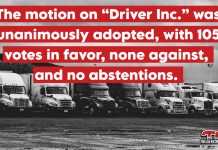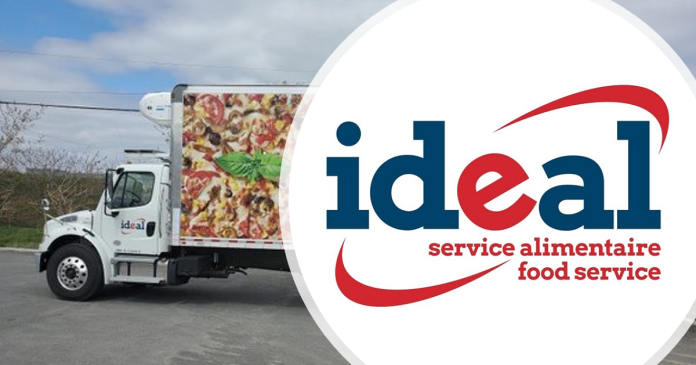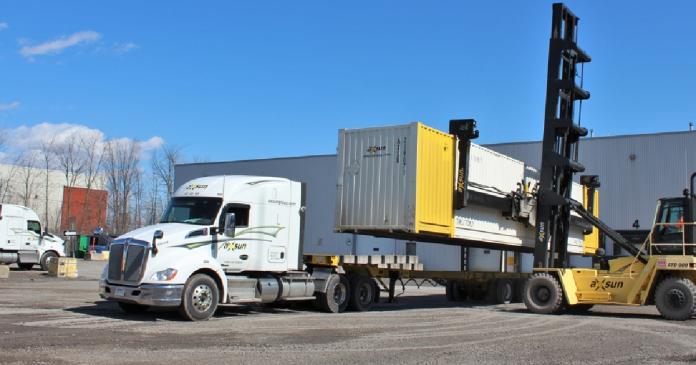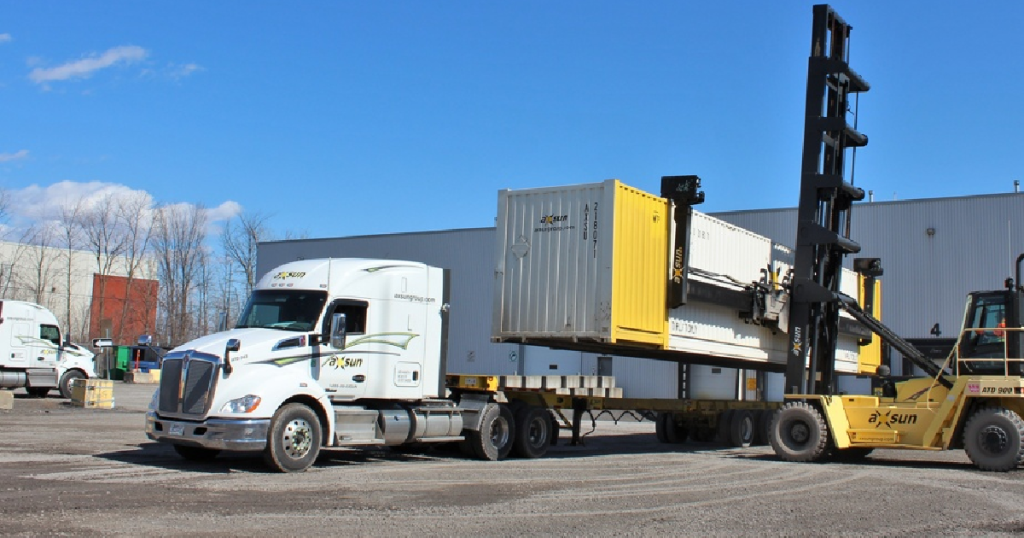
Dear friend,
I know that your career as a truck driver requires you to spend a lot of time away from your partner, and that must not be easy. I am aware that distance can cause feelings of isolation, loneliness, and uncertainty in a relationship, which can be difficult to manage. That is why it is important for you and your partner to work together to overcome the challenges that distance can present.
I understand that maintaining regular and meaningful communication can be difficult, but it is essential that you achieve it to avoid misunderstandings and conflicts. Distance can also make it harder to solve problems and make decisions together, which can lead to a loss of trust and respect in the relationship. To overcome these obstacles, it is important to communicate regularly and openly, to plan quality time together, and to find creative ways to maintain your connection despite the distance.
I know that jealousy can be a problem in a long-distance relationship, and it can be due to loneliness and insecurity. However, it is important not to let jealousy destroy your relationship. To overcome this, it is crucial to communicate honestly and openly with your partner. Talk about your feelings clearly and without judgment, and listen with empathy and understanding. Establish clear boundaries by discussing your expectations and needs, which can help build trust and reduce jealousy. You can also work with a counselor or therapist to develop communication and conflict resolution strategies.
Finally, I know that life on the road can be lonely, so don’t forget to surround yourself with people who support you and bring positivity. Don’t hesitate to connect with your fellow truckers during stops to feel accompanied. And finally, don’t forget to take care of yourself and enjoy your days off to relax and discover new things. Whether alone or with your partner, these moments can be very beneficial for your overall well-being. And always remember that you are loved.
Take care of yourself, my friend.

































